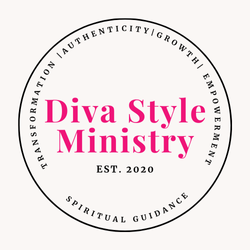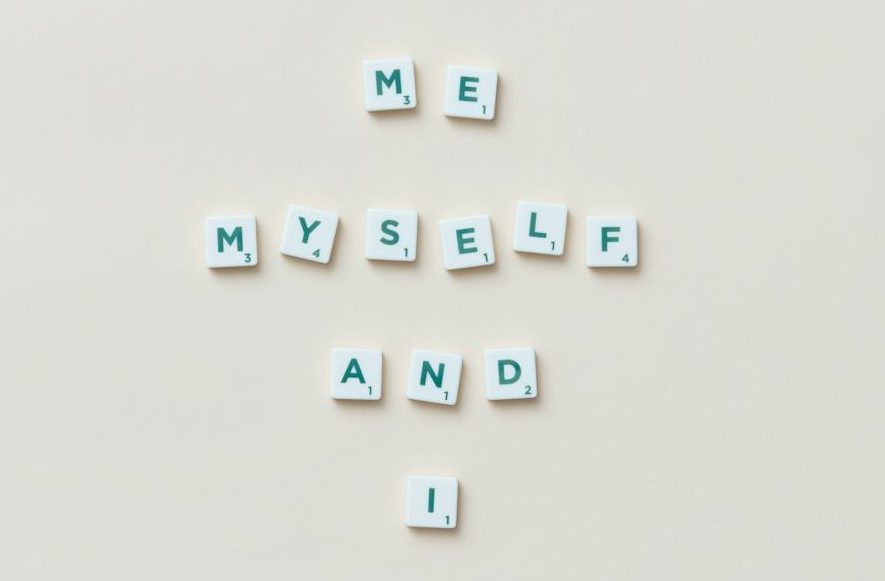What comes to mind when you hear the word “ego”? Perhaps you think of overconfidence, self-centeredness, or a “me, me, me” attitude.
But ego isn’t something to be feared or dismissed—it’s an essential part of who you are. And here’s the real question: Are you in control of your ego, or is it controlling you?
How can you strengthen your ego to encourage personal growth, resilience, and a balanced perspective on life? If these questions are on your mind (or you’ve ever considered them), then you’re in the right place because, in today’s blog post, we’ll dive deep into understanding the ego and how to strengthen it to live your best life.
First, let’s clear the fog around the concept of “ego.” Too often, people get stuck in the stereotype: “Wow, look at the ego on that person!” as if having an ego is inherently negative.
But in reality, ego is as natural and necessary as breathing. It’s a fundamental part of being human. The term originates from the Greek word for “I,” representing your identity and how you perceive your place in the world. The ego isn’t inherently bad; it’s the lens through which you view and interact with life.
So, the real question isn’t whether or not you have an ego—we all do—but how strong and balanced it is.
The Role of Ego: Balance, Strength, and Perspective
Everyone has an ego, and its development begins from the moment we’re born, shaping our perceptions, interactions, and beliefs.
Think of your ego as the center of a seesaw—the crucial element that balances your desires with reality. It’s that internal compass that guides your moral decisions and helps you make sense of your experiences. This moral and psychological balance forms what is called “ego strength,” which can either be high or low.
High vs. Low Ego Strength: Which One Defines You?
Before we jump into exercises to strengthen your ego, it’s helpful to understand what high and low ego strength looks like.
Take a look at these characteristics and reflect on where you see yourself.
High Ego-Strength:
- Demonstrates high emotional intelligence
- Remains solution-oriented, even in stressful situations
- Exudes confidence and self-assurance
- Possesses strong coping skills
- Displays resilience and the ability to bounce back from setbacks
- Feels comfortable trying new things and embracing challenges
- Builds character through learning from failures
Low Ego-Strength:
- Tends to avoid challenges or uncomfortable situations
- Feels overwhelmed by or disconnected from reality
- Confuses hope or wishful thinking with what is actually possible
- Sets unrealistic expectations for themselves and others
- Struggles with breakdowns or giving up when faced with difficulties
- Remains stuck in their comfort zone and resists growth
- Struggles with coping skills, feeling incapable or unresourceful
Now, if you resonate more with the characteristics of low ego strength, don’t be discouraged! There’s an opportunity to cultivate and grow your inner strength. The ego isn’t a fixed trait—it’s adaptable and can be transformed with consistent effort and practice.
Empowering Ego-Strengthening Exercises
To nurture a stronger ego, you need to know what you’re aiming for.
Start by examining the qualities of a strong, healthy ego, and use them as a foundation to build upon. Below are six ego-strengthening exercises that can empower you to develop a more balanced and resilient sense of self.
1. Embrace Courage: Conquer Your Fears, One Step at a Time
Facing your fears can feel like an insurmountable challenge. It takes courage to step out of your comfort zone and confront those fears head-on. Start small—whether it’s speaking up during a meeting, engaging in a new hobby, or attending a social event that makes you nervous. Each small victory will build your confidence, making it easier to tackle bigger fears over time.
Remember, failure is a stepping stone to growth. If you stumble, don’t see it as a setback. Instead, use it as a learning opportunity. Analyze what didn’t work and brainstorm a new approach. Resilience is built not by avoiding failure but by facing it, learning from it, and trying again.
2. Practice Vulnerability: The Strength of Being Authentic
Vulnerability is often misunderstood as a weakness, but it takes great strength to be open and authentic. When you allow yourself to be vulnerable—whether by sharing your true feelings or expressing an honest opinion—you build deeper connections with others and feel more grounded in who you are.
Start by being honest with yourself. Identify what you’re truly feeling, what your needs are, and where you might be holding back. Then, let others in. You might be surprised to find that most people are far more accepting and less critical than you fear. And in turn, your courage to be vulnerable may inspire them to do the same.
3. Cultivate Discipline: Build Healthy Habits That Empower You
One of the most powerful ways to strengthen your ego is through consistent, disciplined action.
Developing healthy habits—such as a balanced diet, regular exercise, or a mindfulness practice—helps reinforce your self-worth and empowers you to face life’s challenges with a clearer, more focused mindset.
If you already have some good habits in place, try enhancing your routine with self-care techniques that contribute to personal growth. Discipline is about committing to what matters to you and following through on those commitments. It’s the foundation for achieving your goals and strengthening your inner resolve.
4. Give Back: Confidence Through Service and Contribution
Giving back to others can bring an incredible sense of fulfillment. When you serve your community, support a cause, or simply lend a helping hand to someone in need, you build a sense of purpose and connection. Acts of service not only boost your mood but also build your confidence, as they reinforce your value and significance in the lives of others.
Remember, giving back doesn’t have to be a grand gesture—it can be as simple as offering a listening ear, helping a neighbor, or volunteering at a local organization. The joy and sense of purpose you receive will empower you to feel more confident in your daily life.
5. Feed Your Mind: Enrich Your Knowledge and Expand Your Perspective
Feeling unsure about your ability to contribute to a conversation or express your thoughts? Strengthen your ego by broadening your knowledge base. Learning new things—whether about a particular subject, skill, or perspective—opens your mind to endless possibilities and empowers you to communicate with confidence.
Start by exploring topics that interest you or that challenge your current understanding. From reading books and articles to watching documentaries or listening to podcasts, there are countless resources available to help you grow. A well-fed mind not only makes you more informed but also more resilient and adaptable.
6. Explore the Unfamiliar: Try New Things and Break Free from Routine
One of the greatest ways to discover yourself and strengthen your ego is by stepping into new experiences. Whether it’s trying a new sport, exploring a different culture, or simply saying “yes” to something outside of your norm, these experiences help you learn more about who you are and what you enjoy.
Don’t limit yourself to the comfort and safety of your usual social circle or daily routine. Trying new things not only builds confidence but also fosters creativity, adaptability, and personal growth. And remember, it’s not about doing something perfectly—it’s about embracing the adventure with curiosity and enthusiasm.





